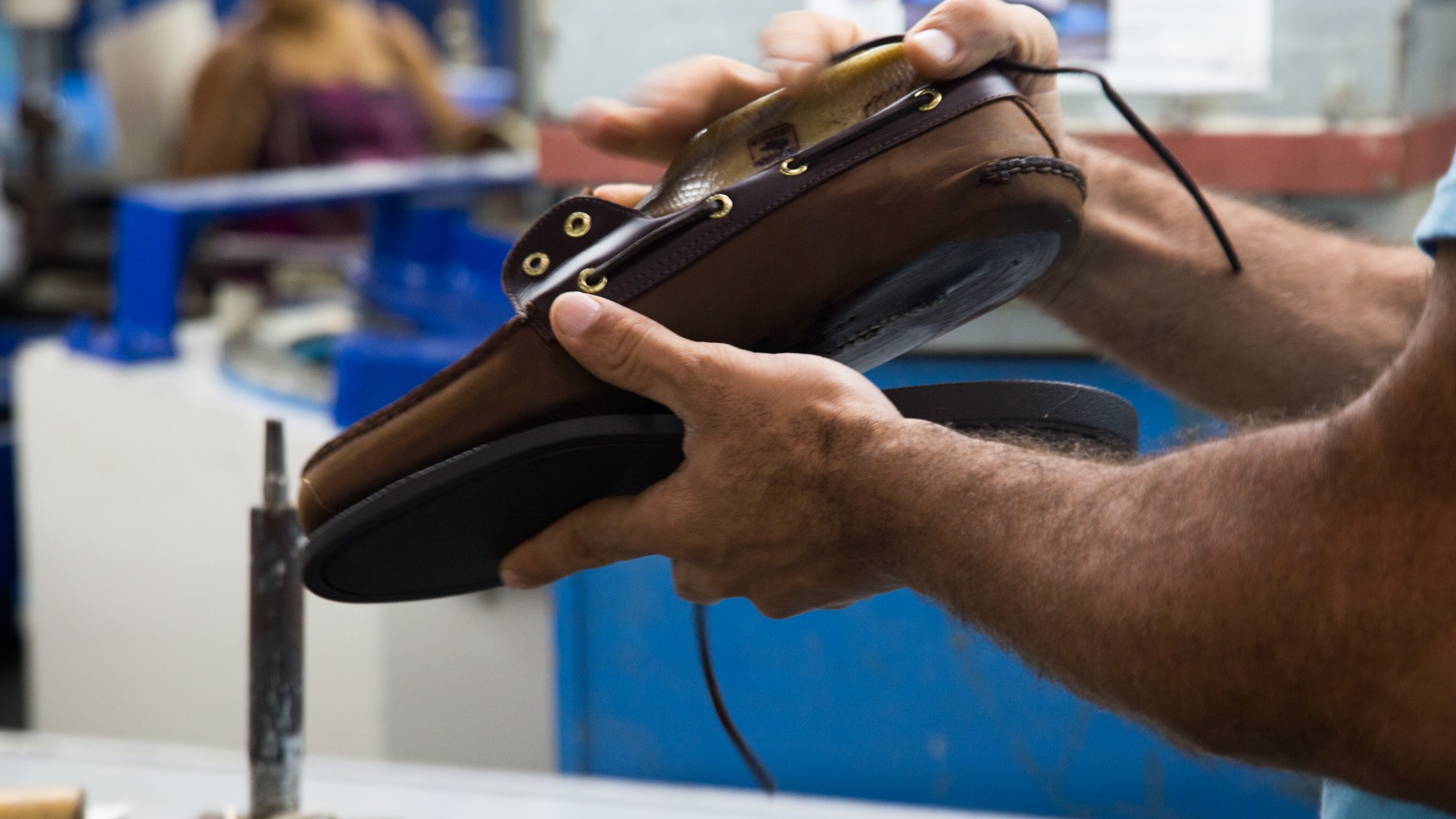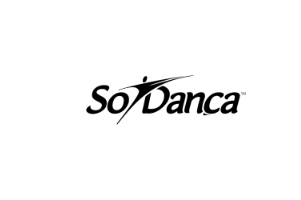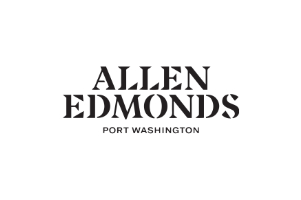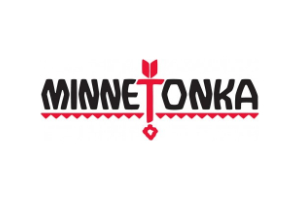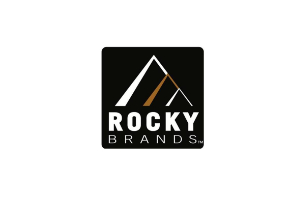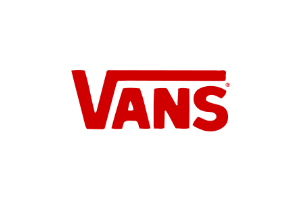Footwear
Stepping strong: opportunities in footwear manufacturing
Insights into
Dominican Republic's footwear industry
The footwear and leather subsector is one of the most important export industries in the Dominican Republic. The success of this industry has been encouraged by a highly competitive local supply chain with increasing capacity for producing most of the raw materials and components required by footwear and leather products manufacturers.
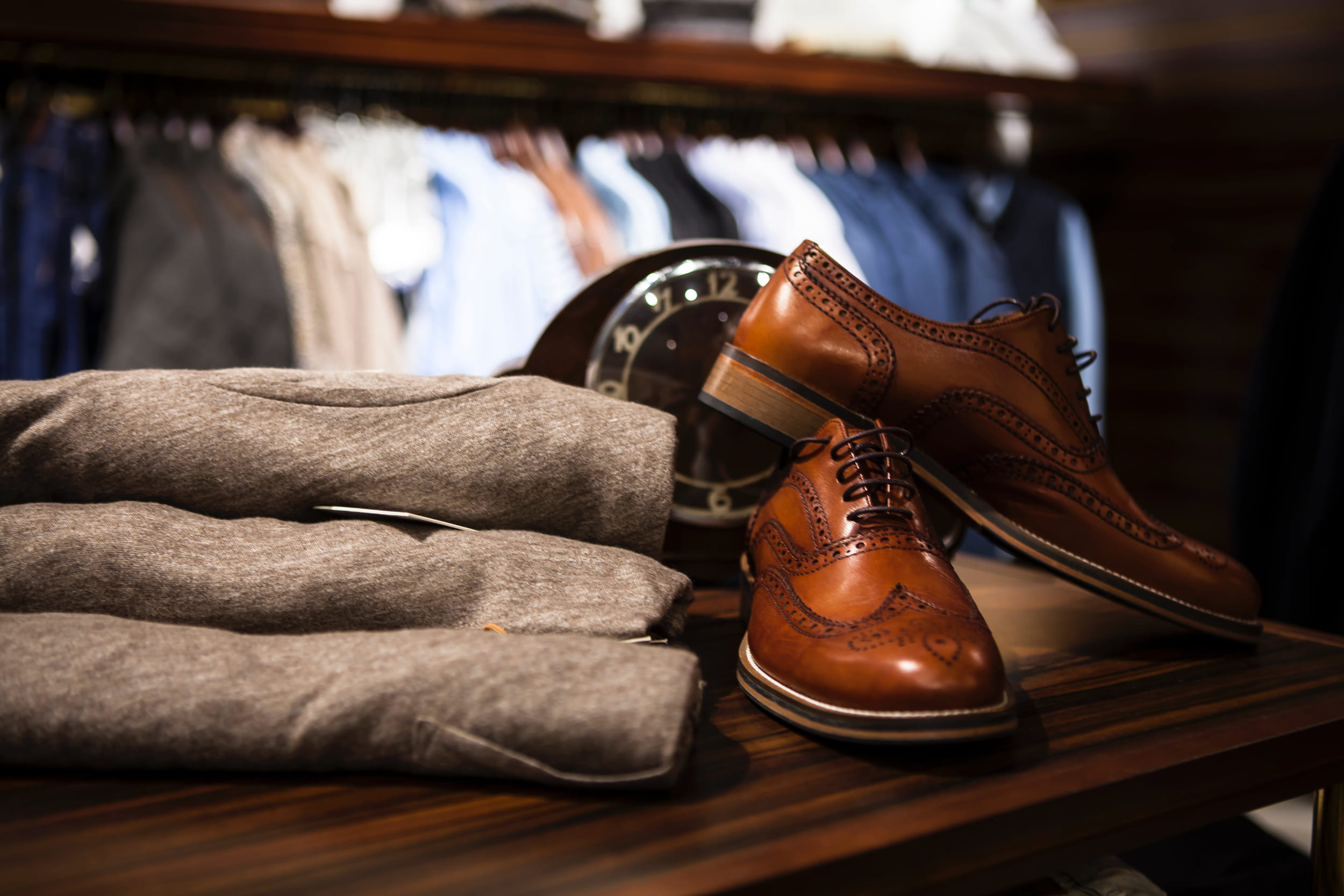
Frequently asked questions
Get answers to common inquiries about the dynamic footwear industry in the Dominican Republic, covering topics such as industry growth, government initiatives, and export prospects.

